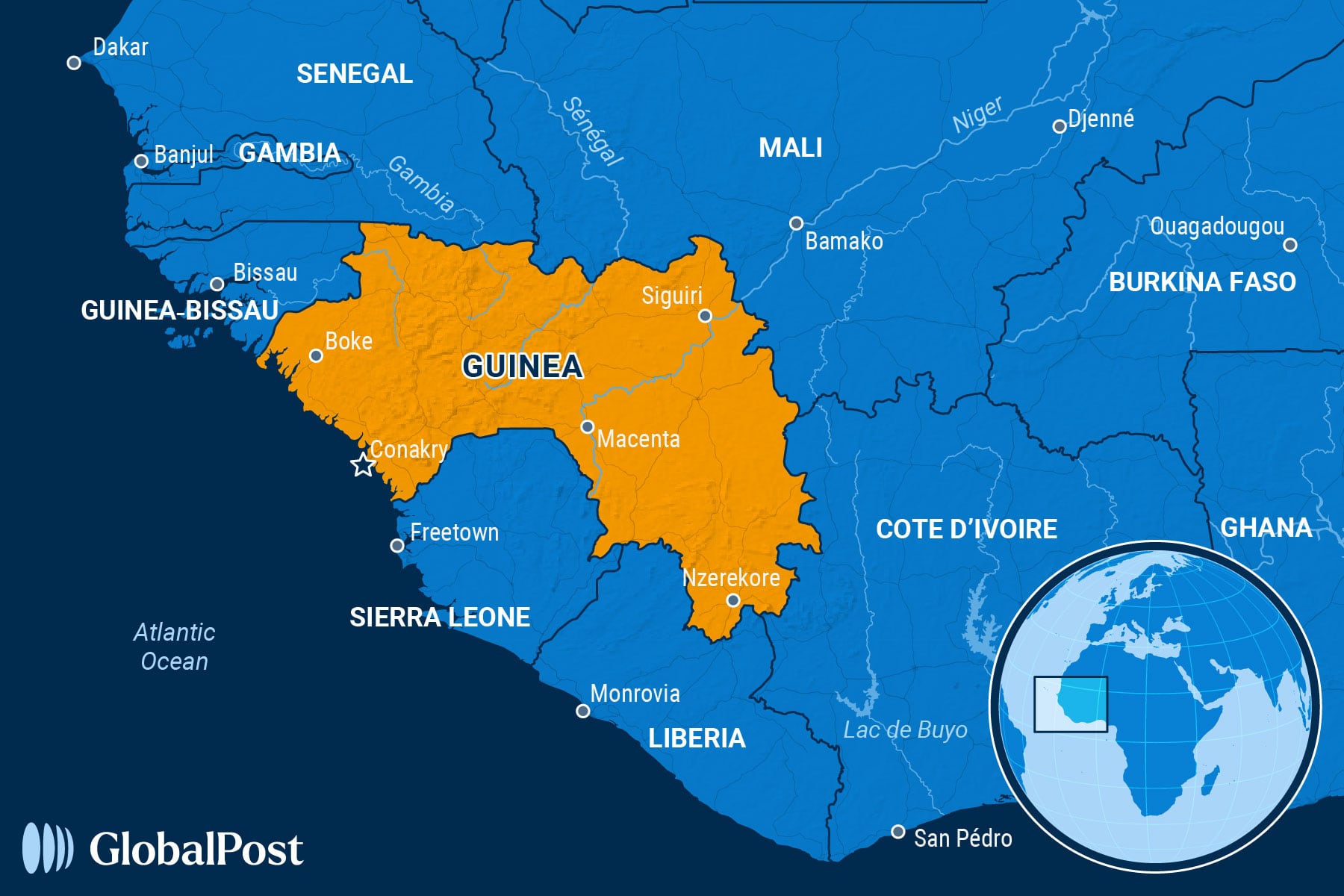In Guinea, a Military Junta Borrows the Leaders-For-Life Playbook

When Guinea’s military leader, Mamadi Doumbouya, initially seized power in a coup in the fall of 2021, many in the country welcomed him as a “liberator.” After all, the country’s authoritarian president was breaking the constitution to stay in power while the new regime promised to return the country to a constitutional democracy.
But the Dec. 31, 2024 deadline that Guinea’s new military rulers had set to return to civilian rule passed and they were still in charge. Now, Doumbouya has announced the country will hold a referendum on a new constitution in September and elections that he says are necessary for civilian rule. Opponents, however, believe the junta is attempting to legitimize its hold on the country in a maneuver that is becoming a trend across West Africa: Long-term military rulers are replacing leaders-for-life.
“Guinea’s military junta is digging in for the long haul,” wrote World Politics Review, noting that Guinean authorities no longer talk of a “transition” to civilian rule but now a “refoundation” of the state. “As elsewhere in West Africa, a military regime is consolidating its power, yet another sign of a new era in the region.”
West Africa over the past five years has seen nine military coups, including in Niger, Mali, Burkina Faso, and Gabon, earning the moniker, the “coup belt.”
After the coup in Guinea, which deposed Alpha Condé, who had attempted to stay in power via an illegal third term, the military rulers organized “national consultations” and busied themselves with drafting the constitution to buy themselves time to consolidate their rule, analysts said. At the same time, they eliminated the opposition by dissolving more than 50 political parties while targeting their greatest threat in any upcoming election – the Union of Democratic Forces of Guinea, led by Cellou Dalein Diallo. Diallo is in exile in Senegal like other party leaders after he became the focus of politically motivated corruption probes and violence.
Another political leader, Aliou Bah of the Liberal Democratic Movement, was sentenced in January to two years in prison for insulting and defaming Doumbouya.
Meanwhile, the government has shut down media outlets, and attacked, kidnapped or detained journalists, banned protests, and violently cracked down on those that took place anyway. At least 59 people have died at demonstrations since 2022, Human Rights Watch reported.
At the same time, the military rulers have been “disappearing” people they perceive as opponents, for example, Oumar Sylla, (known as Foniké Menguè), who, with two other members of his opposition coalition, the National Front for the Defense of the Constitution, was taken from his home by security forces last year and has not been heard from since.
“Each of us is afraid for his own safety,” Abdoulaye Kourouma, the head of the opposition Rally for Renaissance and Development party told the Guardian. “Whether you are a scientist, a university scholar, a leader of opinion, a very good journalist, no one speaks today.”
Still, analysts say the nod toward legitimacy with the constitutional referendum and elections could be due to pressure on the military leaders in the past year.
In January, protests broke out after the junta missed the deadline to return to civilian rule, with the government cracking down violently and locking down parts of the capital of Conakry as a result.
Still, others argue that the junta has nothing to lose by holding elections with Doumbouya as their candidate. After all, it has eliminated the competition and holds all levers of power.
What it hasn’t been able to accomplish, say analysts, is true stability, similar to other countries in the region such as Mali, which has had three coups in the past 12 years. The real threat to Doumbouya is from within his own military and he worries about a palace coup just as the leaders of Mali, Niger, and Burkina Faso do.
Karim Manuel of the Economist Intelligence Unit told the Associated Press that anything can happen now and the juntas that rule across the region know it: “This increases political instability going forward and makes the situation on the ground much more volatile and unpredictable.”

Subscribe today and GlobalPost will be in your inbox the next weekday morning
Join us today and pay only $46 for an annual subscription, or less than $4 a month for our unique insights into crucial developments on the world stage. It’s by far the best investment you can make to expand your knowledge of the world.
And you get a free two-week trial with no obligation to continue.
